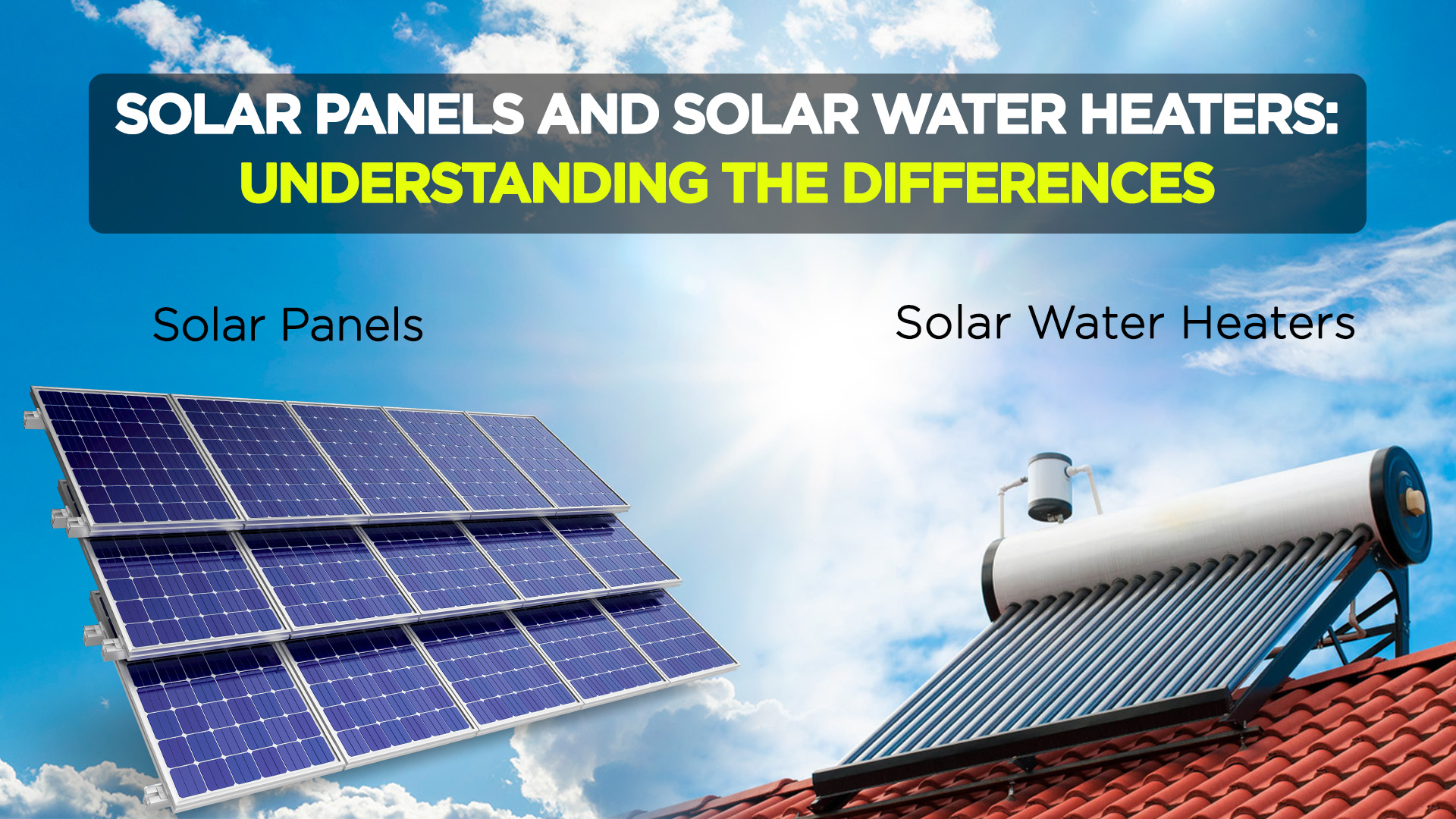Solar technology has become a go-to solution for energy savings in Indian homes and businesses. But there’s often confusion between two popular options: solar panels (PV systems) and solar water heaters.
If you’ve ever wondered which one is better, or what exactly each system does, you’re not alone. In this article, we’ll break down the differences, benefits, costs, and best use cases to help you decide what suits your needs in 2025.
What Are Solar Panels (Photovoltaic Panels)?
Electricity from Sunlight
Solar panels, also known as PV (photovoltaic) systems, are designed to convert sunlight into electricity using semiconductor materials like silicon. Here you can find Top Solar panel installation business In india
Key Features:
- Generate DC electricity, converted to AC via an inverter
- Useful for powering lights, appliances, fans, etc.
- Ideal for off-grid and on-grid setups
- Require inverters, batteries, and wiring
What Are Solar Water Heaters?
Direct Heat for Your Water Needs
Solar water heaters (SWHs) capture sunlight to directly heat water, making them ideal for bathing, cooking, and cleaning.
Key Features:
- Use solar collectors (flat plate or evacuated tube)
- Water is stored in insulated tanks
- Operate without electricity
- Best suited for residential use
Technical Difference Between the Two
| Feature | Solar Panel (PV) | Solar Water Heater |
| Purpose | Electricity generation | Water heating |
| Output | Electrical energy (kWh) | Hot water (litres) |
| Components | Panels, inverter, wires | Collector, tank, pipes |
| Operating Cost | Very low | Negligible |
| Efficiency | 15–22% | 40–80% |
Installation Requirements
Solar Panels:
- Require rooftop space (~80–120 sq. ft. per kW)
- Need proper tilt angle for max sun exposure
- Must be cleaned and maintained
Solar Water Heaters:
- Compact, needing around 40–60 sq. ft.
- Must be placed close to bathrooms/kitchens
- Needs plumbing and water tank connection
Cost Comparison in India (2025)
| System Type | Average Cost (INR) | Lifespan |
| 1kW Solar Panel Setup | ₹70,000 – ₹1,00,000 | 20–25 years |
| 200L SWH System | ₹20,000 – ₹35,000 | 10–15 years |
Both qualify for MNRE subsidies, especially under PM Surya Ghar Muft Bijli Yojana in 2025.
Best Use Cases for Each
Use Solar Panels When:
- You want to power your home or office
- You’re looking for electricity bill savings
- You want to go off-grid or net-metered
Use Solar Water Heaters When:
- Your primary need is hot water
- You want quick returns on investment
- You live in sunny areas with water needs
Which is More Cost-Effective?
In the short term, solar water heaters offer faster ROI, especially for Indian households with high water usage.
In the long run, solar panels give better overall savings and can power multiple appliances while reducing your carbon footprint
Maintenance and Durability
- Solar panels: Minimal maintenance, just cleaning and inverter check-ups
- Solar water heaters: Need occasional de-scaling and plumbing checks
Both are durable but depend on quality and local conditions.
Environmental Impact
Both systems are eco-friendly and help cut your dependence on fossil fuels.
- A typical solar panel setup offsets 1 ton of CO₂/year
A solar water heater reduces need for electric/geyser heating, cutting emissions
Conclusion
If you want electricity, go for solar panels. If your goal is just hot water, a solar water heater is the way to go.
Still confused? Combine both to maximize solar energy savings for your home. With subsidies in place and power prices rising in 2025, investing in solar—of any kind—is a smart move.
Read More: Best Solar Inverters in India for Home Use


